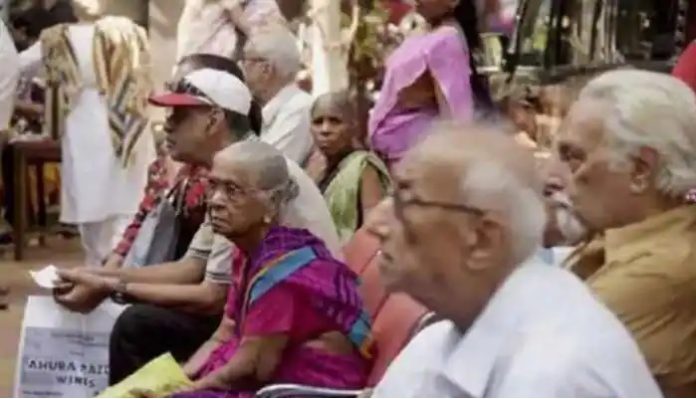Old Pension Scheme Latest Update: A lot of discussion is going on these days regarding the old pension scheme. Some non-BJP states have announced to restore the old pension scheme.
But on behalf of the Central Government, Minister of State for Finance Bhagwat Karad has flatly refused to implement it. In Himachal Pradesh too, the old pension scheme became an election issue. Expressing concern over the restoration of the old pension scheme (OPS) in some non-BJP ruled states, Sanjeev Sanyal, a member of the Economic Advisory Council to the Prime Minister (EAC-PM), said that without the old pension schemes, the future generation is a ‘tax’. That means their burden will fall on the future generation.
2023 is going to be a difficult year, Sanyal said that it is clear that 2023 is going to be a difficult year in view of the current stress in the global economy and the repeated downgrading of the global GDP growth rate by international agencies. Is. He said in an interview, ‘It should be very clear that non-contributory pension schemes will ultimately put the tax burden on future generations. A lot of attention needs to be paid while taking steps away from the pension reforms that have been done with great difficulty in the last few decades.
Government gives full amount in OPS Under OPS, full amount of pension was given by the government. The scheme was discontinued by the then National Democratic Alliance (NDA) government from April 1, 2004. Under the new pension scheme, employees contribute 10 percent of their basic salary to their pension, while the state government’s contribution is 14 percent. Congress ruled states Rajasthan and Chhattisgarh have decided to implement OPS, Jharkhand has also decided to adopt old pension scheme. The Aam Aadmi Party-ruled Punjab has also approved the re-implementation of OPS.
In response to the question of what steps should be taken to reduce the trade deficit with China, dependence on the country is a cause of trouble , Sanyal said, “Dependence on any one country is a cause of trouble and we should take this matter seriously.” Wanted. Efforts are being made not to depend on only one country for procuring important components of medicines or essential items including chips for manufacturing.
















